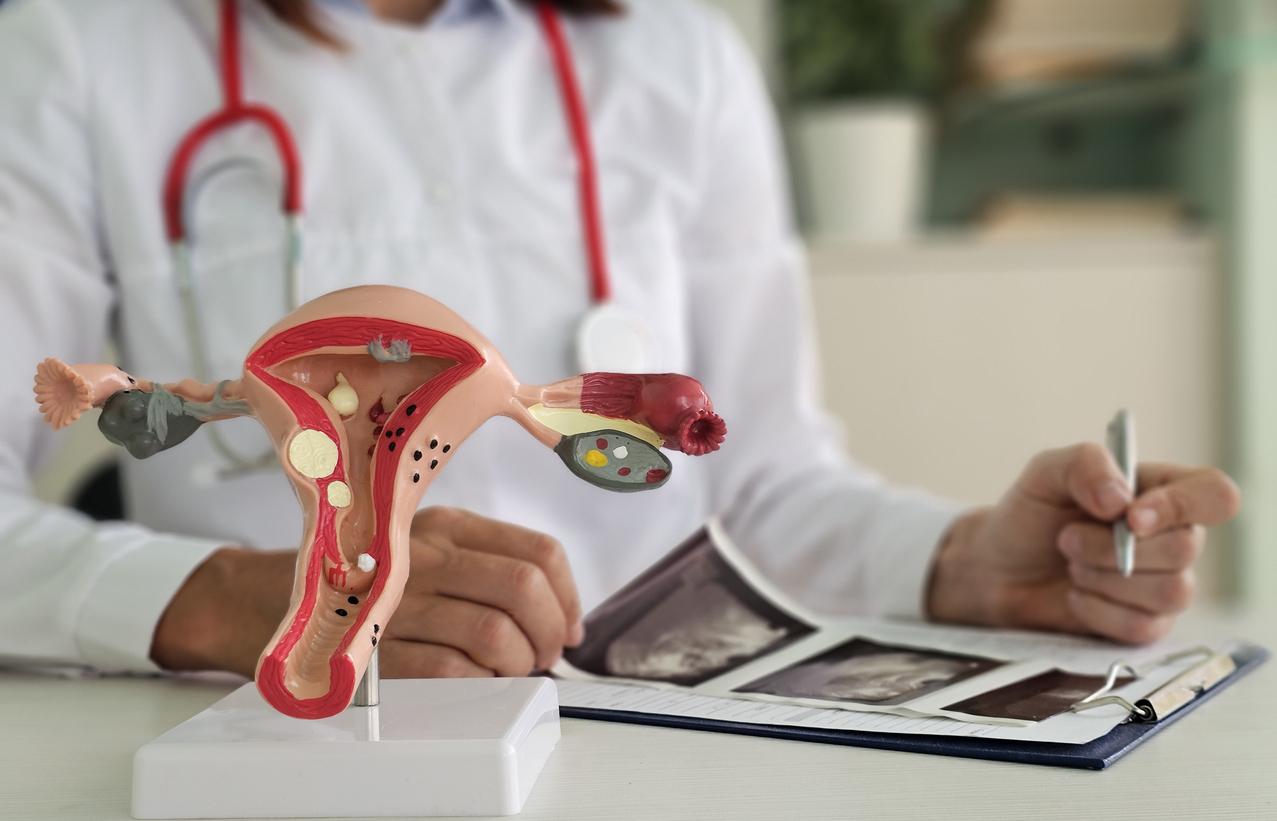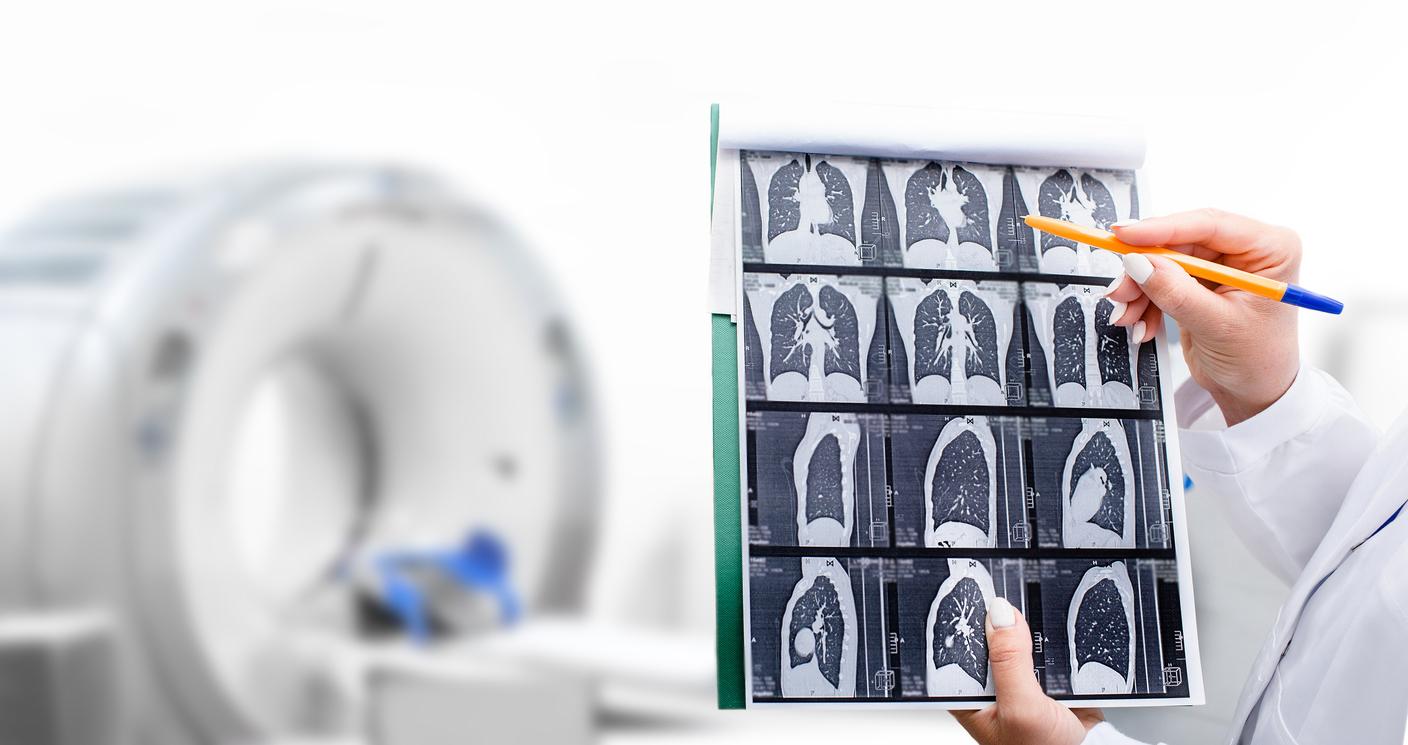Used as a screening technique for colon cancer, colonoscopy would not have a significant impact on the risk of death.

- France is one of the countries in Europe where the incidence of colorectal cancer is the highest.
- The risk factors are excessive consumption of red meat, smoking, family history, physical inactivity, alcohol consumption, etc.
- In France, screening for colorectal cancer is offered free of charge to all people aged 50 to 74. It is to be done every two years.
Detected early, colorectal cancer has a high chance of recovery. According to’National Cancer Institute, early detection can cure the disease in nine out of ten cases. To detect the disease as soon as possible, a national screening program has been set up in France. Colonoscopy is one of the tools used to detect cancer, especially in people at risk. But according to a study published in the New England Journal of Medicinethis technique would not reduce deaths.
How to observe the effects of colonoscopy on the risk of death from colorectal cancer?
This examination, carried out under anesthesia, consists of introducing an endoscope, a small camera placed on a tube, into the anus to observe the rectum, the large intestine and the small intestine. According to the authors of the study, it was accepted so far that nine cases of colorectal cancer out of 10 could be avoided thanks to colonoscopy.
In total, they recruited 95,000 participants, residing in four European countries (Norway, Sweden, Poland and the Netherlands), whom they followed for more than ten years. The people, all in good health and aged between 55 and 64, were split into two groups: one group was offered colonoscopy screening, the other was not screened at all. The ten-year death rate was about three in a thousand, whether there was screening or not. “There was no significant decrease in mortality rate for the screening group, compared to the group not offered screening“, conclude the authors.
As for the risk of cancer, it was reduced by 18% in the group having been screened, compared to the others. In detail, 1.2% of people who did not have colonoscopy screening developed colorectal cancer after 10 years, compared to 0.98% in the group to which screening was offered.
The effects of screening are smaller than those of treatment
For the authors of the study, the main explanation for this small difference in the mortality rate is the improvement in the treatment of colorectal cancer over the past ten years. “This makes colonoscopy screening less effective in preventing patients from dying of colorectal cancer.”they add.
Until now, scientists considered this method to be more effective than the analysis of fecal samples in detecting colorectal cancer, and therefore reducing the risk of death. This study challenges this assumption. “Colonoscopy is unfortunately not a miracle cure for colorectal cancer, observes Michael Bretthauer, a professor at the University of Oslo and a physician at Oslo University Hospital. According to our study, it’s probably no better than faecal samples.” In the years to come, scientists intend to continue their research, in particular to see if the effects of screening on reducing the risk of death improve over time.
















